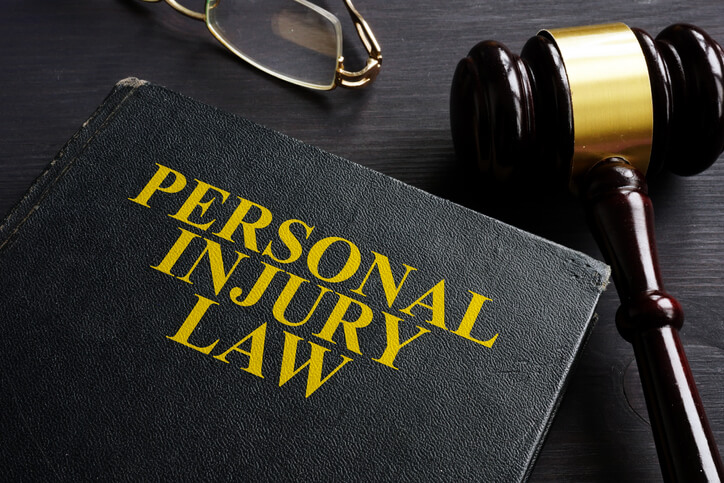Personal Injury Lawyer
Different Aspects of Personal Injury Laws
Personal injury laws are defined at state level. A panel of judges and the members of legislatures sit together to create, modify and amend the laws. Personal injury law of one state may not be the verbatim copy of that of another state; personal injury laws of California may not be same as that of Florida.
However, state laws share a lot of similarities as well. While defining personal injury laws, generally three torts are taken under consideration – international torts, negligence torts and strict liability torts.
Three Torts in Personal Injury Laws:
International torts deal with the cases in which the offenders are aware of the consequences of their actions while committing it. The action is intentional. Assault, household physical and mental abuses and workplace bully fall under international torts.
Negligence torts consume the lion portion of personal injury laws. Most personal injury lawsuits are based on negligence torts. The law makes it compulsory for all the citizens to act responsibly and reasonably that any other person would do if placed in similar situation. Simply put, everybody should behave rationally and sensibly so that others do not get affected for their behavior.
For example, a reasonable person would always take steps to remove traces of oil, water or grease from the floor which accommodates a lot of people everyday. Now, if a restaurant owner fails to do so and anybody slips and falls on the floor, the owner is held responsible for negligent behavior under negligence torts.
Strict liability torts deal with a different type of behavior. Here, if the behavior of one person does any harm to another, the victim can sue the offender under strict liability torts. Because his actions injured someone else, the defendant is held guilty. Points like whether he was aware of the consequences or he was not able to conform with normal standards are not at all considered.
What Is Personal Injury Law?
Personal injury law, commonly referred to as tort law, provides legal rights to victims who have been physically or psychologically injured as a result of the carelessness or wrongdoing of another person, company, government, or other entity. Personal injury laws apply to a variety of cases, including:
* Cases where a person acts out of negligence and therefore causes harm to another person. Examples of these types of cases include medical malpractice, slip and fall accidents, automobile accidents, and some toxic tort cases, among many others;
* Cases where a person knowingly and intentionally causes harm onto another person. These types of cases include murder, assault and battery;
* Cases where a person may have not intentionally performed a wrongdoing through negligence on his part can still be found liable for a personal injury claim. Dog bite cases (under some state laws) and certain types of product liability claims are examples of this type of personal injury law; and,
* Cases that involve insult of character, such as libel or slander.
WHAT IS THE PURPOSE OF PERSONAL INJURY LAW?
The primary goal of personal injury law is to provide legal rights for injured victims to be compensated financially after suffering from a loss or injury that they would otherwise not have endured if it was not for the negligence or omissions of the defendant. Personal injury laws impose a legal duty on people and companies to perform and interact with one another on a minimum level of care and attention. These laws are expected to encourage and promote good behavior and reduce bad behavior; therefore, personal injury laws serve a significant purpose for the general public.
Let's Start Something new
Say Hello!
Schedule your appointment for a FREE initial consultation today. Get legal assistance for your case when



